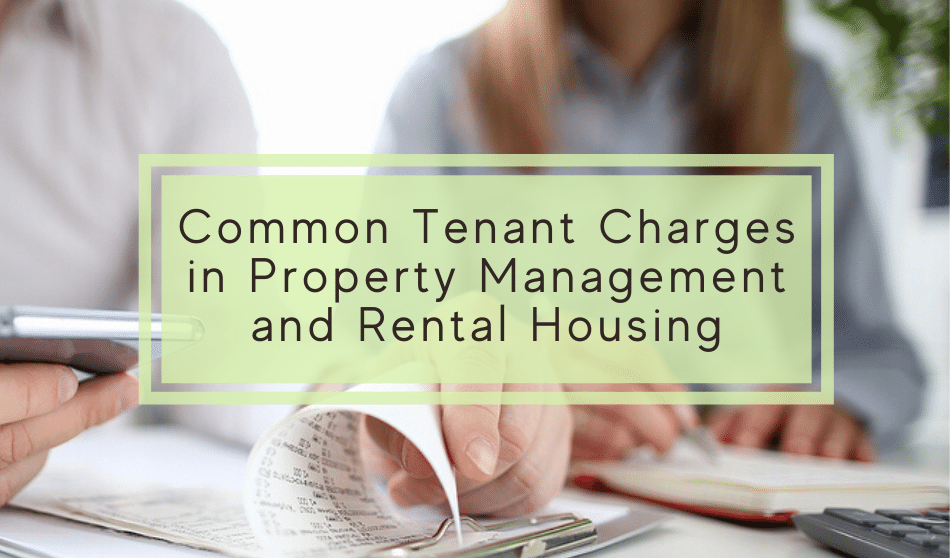
The most common, and obvious, charge in property management is monthly rent. This recurring payment is charged to tenants, often on a monthly basis, as outlined in the lease agreement.
Beyond monthly rent, there are other common charges incurred by tenants that need to be accounted for each month. Things like monthly pet fees, utilities, internet services, and lawn maintenance.
This article gives a quick overview of types of common recurring charges in property management and rental housing.
Missed the free educational webinar?
Managing Recurring Transactions
Want to learn some accounting tips for managing recurring fees and transactions?
Watch the recording: Managing Recurring Transactions | Rentec Direct Webinar
Recurring Tenant Charges
Recurring tenant charges account for things beyond monthly rent that are collected by the property manager or landlord.
Common recurring tenant charges include:
- Pet fees
- Appliance rentals
- Flat rate utility charges
- Cable TV fees
- Internet fees
- HOA fees
- Common Area Maintenance (CAM) charges
- Renters insurance
- HVAC filter replacements
- State or city tenant rent taxes
Other Recurring Charges (Property Charges)
Renters are not the only ones who incur recurring charges in property management. The property itself will have recurring expenses that need to be charged to the property and accounted for properly. Recurring property charges are expenses that are typically paid by the property owner, either directly or by the property manager, and billed to the owner or deducted from the owner disbursement.
Common recurring property charges include:
- Taxes
- Insurance premiums
- Monthly bank fees
- Mortgage payments
- Management fees
- Lawn maintenance
One-Time Fees
One-time fees are common in property management. Most expenses a property incurs will be a one-time fee such as the cost for repairs and maintenance. Common one-time tenant charges include application fees, one-time pet fee, maintenance fee, re-key fee, key replacement fee, etc.
Frequency of Recurring Charges
While rent payments are often charged each month, recurring transactions can take place on a weekly, bi-weekly, monthly, quarterly, or annual basis.
For example, internet and cable are often charged each month, while HOA fees might be charged monthly, quarterly, or annually.
Since the frequency in which these fees are collected vary, it’s vital that you have a clear system in place for tracking recurring charges and ensuring that the transaction is paid.
Accounting Tips for Recurring Charges
Some landlords and property managers simply group all these recurring tenant charges together and charge one monthly total to their tenants. This system works ok if you only have one or two additional recurring charges for your tenants, but it ultimately can become an accounting nightmare if you don’t properly document each tenant charge.
The easiest way to account for recurring charges is to use an automated system that generates tenant charges and calculates the total amount owed by your tenant for each billing period.
Property management software, like Rentec Direct, makes managing recurring charges a breeze and keeps your ledgers and accounting records in perfect order. With the help of the right rental accounting software, you’ll eliminate manual entry, saving you time and the headache of discovering any data-entry errors.